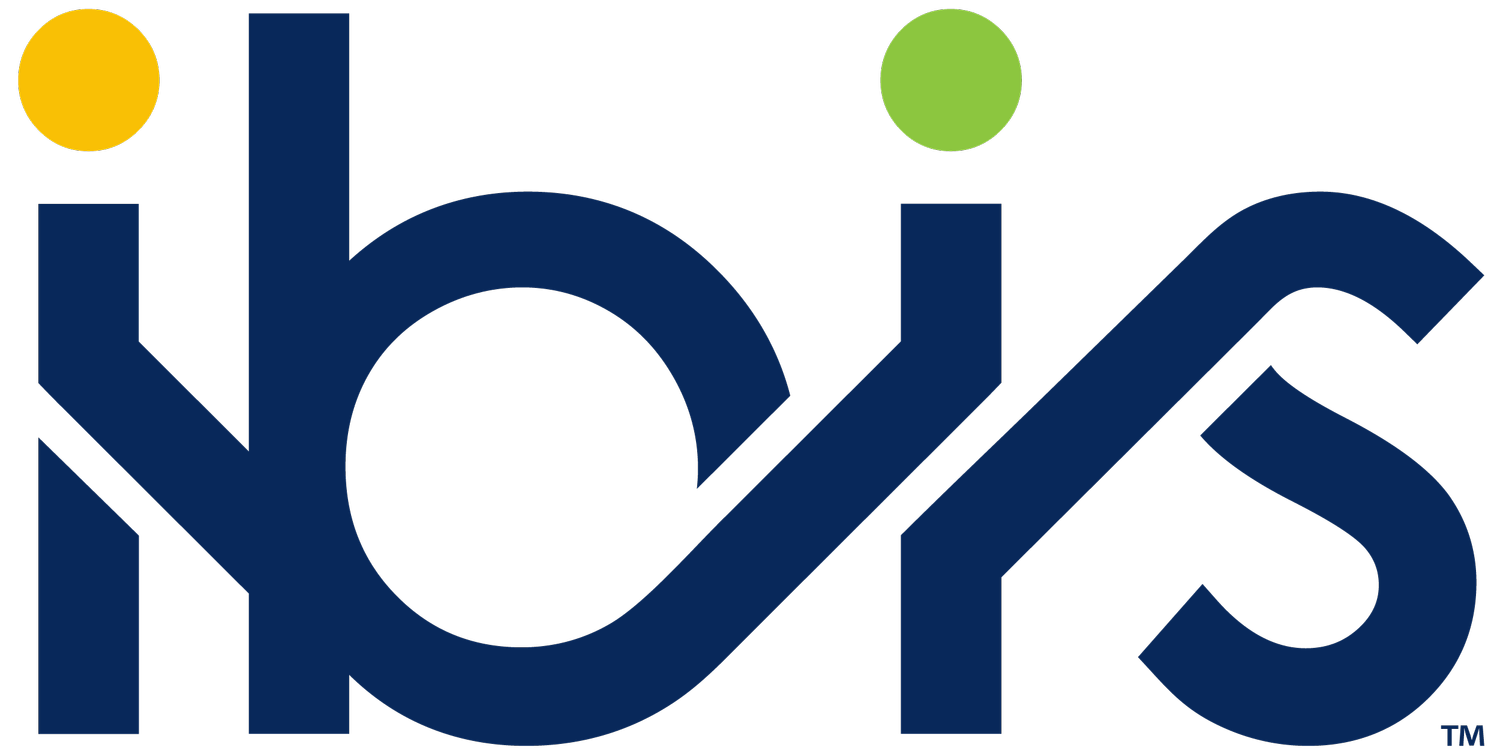Listening & Talking Skills… During Election Season
We’re fully steeped in election season here in the United States.
This is a time when voices matter more than ever – and so does how we use them.
It’s a time when workplace conversations can take on dimensions – and passions – that extend beyond the usual dialogue.
The worries, stresses, fears, and hopes in this time leading up to and following the election cycle are very present for many of us.
And although this season passes, the impact of these conversations can be lasting.
We have a choice: We can either have dialogue that models the way for connection across difference, or dialogue that divides us.
In fact, when you look at it that way, this time is rich with opportunity to build the skills that enable us to communicate inclusively.
Wait…Should I Share Suggestions for Dialogue Within My Workplace?
Well, yes, that might be a good idea.
This is a good time to offer a few simple reminders, guidance, or tips on having a productive exchange of different opinions.
Make sure that leaders and colleagues know that having a shared goal of connection is important for the health of the entire organization.
And remind me…. Those suggestions are WHAT again?
Here are 6 Tips and Suggestions for Holding Difficult Conversations:
A successful outcome will depend on two things: how you are and what you say. How you are (centered, supportive, curious, problem-solving) will greatly influence what you say.
Acknowledge emotional energy – yours and theirs – and direct it towards a useful purpose.
Know and return to your purpose at difficult moments.
Don’t take verbal attacks personally. Help your colleague come back to center.
Don’t assume others can or will see things from your point of view.
Mentally practice the conversation. See various possibilities and visualize yourself handling them with ease. Envision the outcome that you want.
For more, see our article “Holding Difficult Conversations…. Do I Have To?”.
What Do I Do When We Don’t Agree?
Remember that at the core of most conversations lies our espoused values, beliefs, and/or our unique perspectives.
What we say in these moments is firmly rooted in our own values. Though our viewpoint may feel clear, even obvious, to us, it is important to understand that there may also be alternative ways to view the situation.
Thus, we must resist the urge to assume that our point of view is the correct one. It may not be an either-or.
There may be no clear right or wrong. It is a collective willingness to enter into the conversation with the point of reaching a shared understanding that often makes the difference.
For more, check out our article 5 Key Tools for Navigating Difficult Conversations.
Use this election season to build skills in both Active and Reflective listening.
In any dialogue, if information is being relayed, then information is also being received.
Those who are engaged in Active Listening bolster attentiveness and build skills in posing open-ended, yet probing questions.
Using Reflective Listening helps to develop skills in areas such as paraphrasing and summarizing.
For more, read our article The Power of Conversation.
In Fact… Every Season Is Right for Skills to Engage in Dialogue.
These skills aren’t just important now, even though the need to use them may be more acute than ever. They are always useful.
Opportunities abound to sharpen them, share them, and build your self-awareness. You’ve got this!
Find out more.
For help on building these skills in the workplace, reach out to Ibis today.



